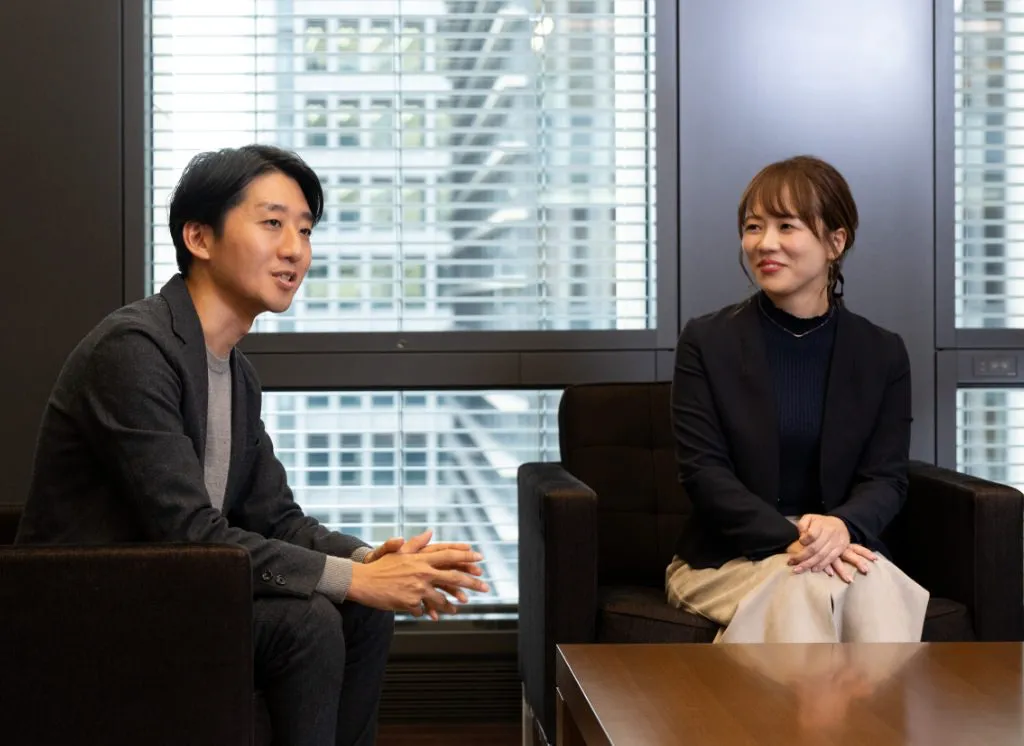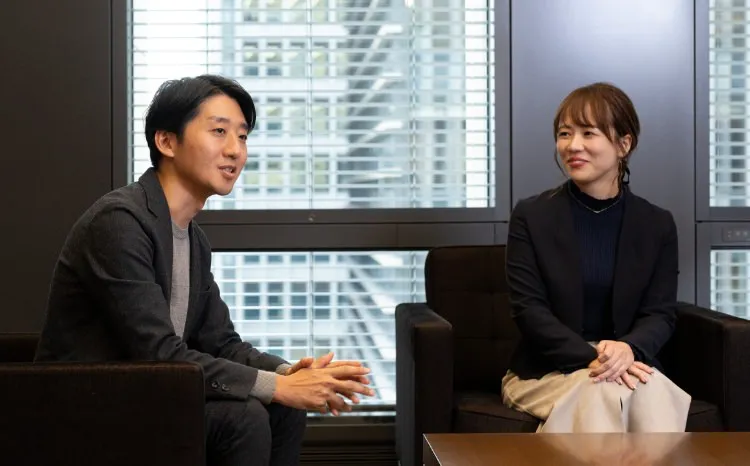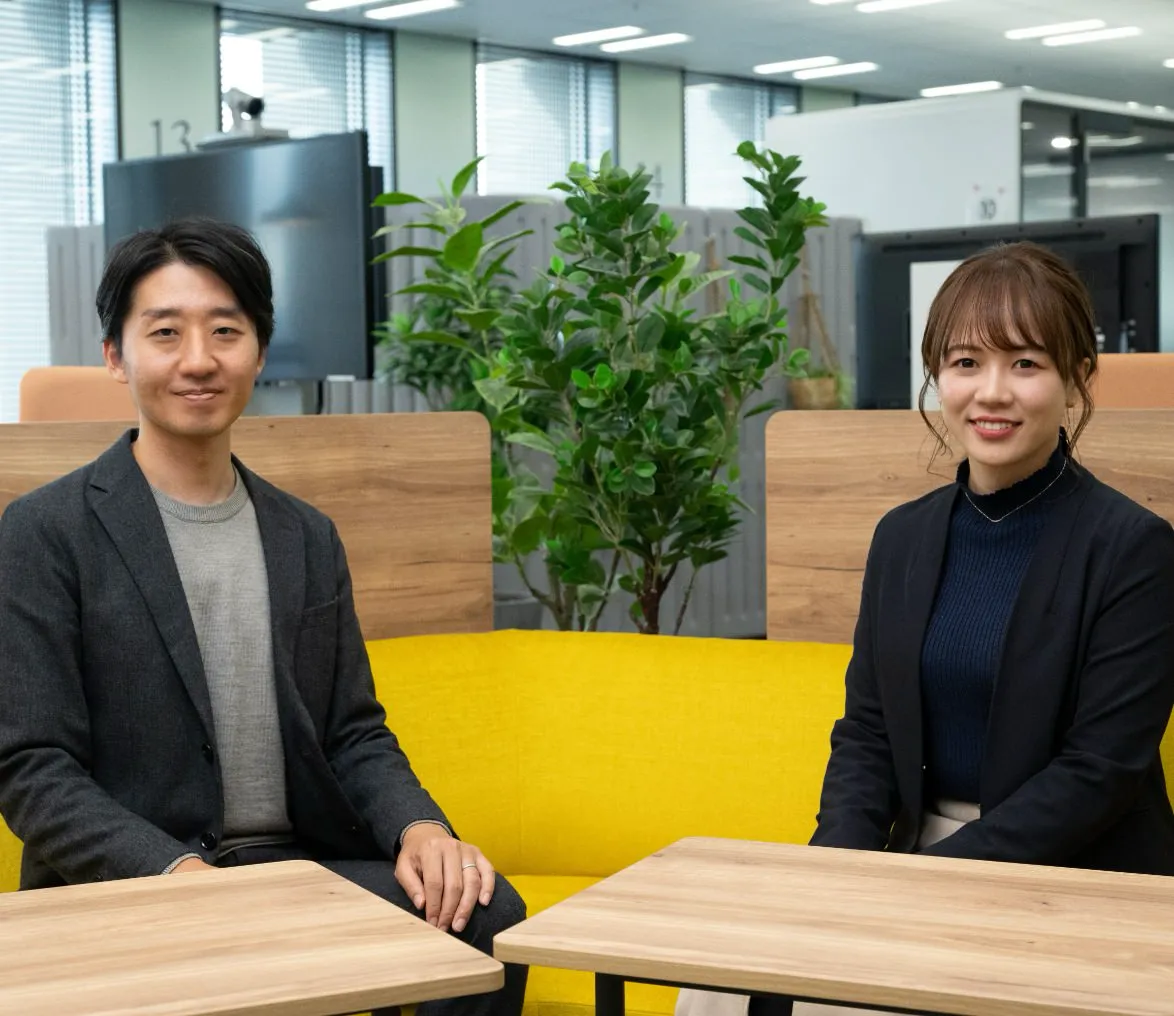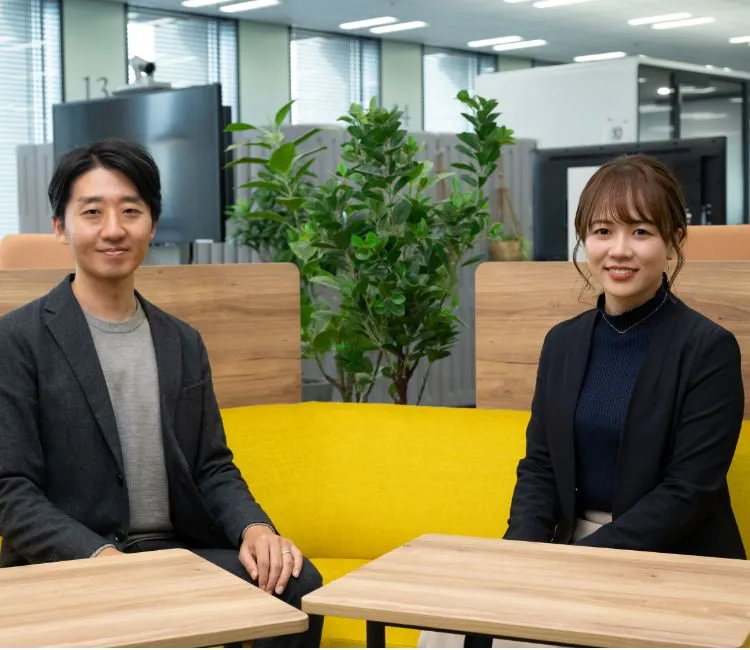Poverty has a profound impact on children. In economically disadvantaged households, basic needs such as food, clothing, and housing are often unmet, restricting the necessary environment and opportunities for healthy growth and development.
Children from these families also have limited access to learning and extracurricular experiences outside of school. This can influence their future career prospects and income, leading to an intergenerational cycle of poverty. Additionally, social factors such as the COVID-19 pandemic and rising living costs have further widened educational disparities, making the issue increasingly severe.
Since 2023, SMBC Group has been partnering with the public interest incorporated association, Chance for Children (CFC), to break the cycle of poverty by addressing educational disparities. Through financial support and employee participation, SMBC Group actively supports CFC’s activities to provide children with access to learning opportunities and valuable life experiences.
As part of this collaboration, SMBC Group, CFC, and Kamakura City launched the Kamakura City After-School Empowerment Project in October 2024, further enhancing efforts to support children.
Seconding employees
helps foster a partnership
beyond financial support
CFC provides Study Coupons (vouchers), which cover tutoring, extracurricular activities (sports and cultural programs), and camps to address educational disparities. Rather than providing cash payments, the coupon system ensures that funds are used specifically for learning and experiences, guaranteeing children access to educational opportunities. This initiative offers diverse learning and growth experiences.
In cooperation with Chance for Children, SMBC Group plans to provide 300 million yen over three years to support the “SMBC Group Study Coupon” project. In addition to financial support, SMBC Group also provides personnel assistance through employee secondments, launching a collaborative initiative with CFC.
Yusuke Imai, Representative Director of CFC, recalled, “SMBC Group’s proposal included not only financial support but also employee secondments, showing their strong commitment to this initiative. I also felt a significant shift in the times, seeing a major bank actively engaged in such efforts.”
Kanako Mishima from SMBC Group’s Sustainability Development Dept. had a strong interest in poverty and inequality since her student years and voluntarily applied for a secondment to CFC. She then gained a much deeper understanding of poverty through hands-on experience at CFC.
“By interacting with beneficiaries and their families and observing CFC staff’s efforts up close, I gained a much clearer understanding of relative poverty and household circumstances. I initially believed that offering support alone would be sufficient. However, I came to realize that assistance alone is not always utilized effectively. It is crucial to consider how to ensure proper use of support. Learning about challenges beyond just providing aid allowed me to see this issue with greater clarity and depth.”


Imai emphasized that Mishima’s secondment to CFC was a key factor in the collaboration with SMBC Group.
“At first, we were concerned that SMBC’s large financial contribution might establish a power imbalance. However, thanks to Mishima seamlessly integrating into CFC and serving as a bridge between us and SMBC Group, we have now built an equal partnership. She actively shares daily updates and information, while facilitating study sessions and joint learning opportunities with SMBC Group. This dynamic, two-way communication has strengthened our relationship even further.”

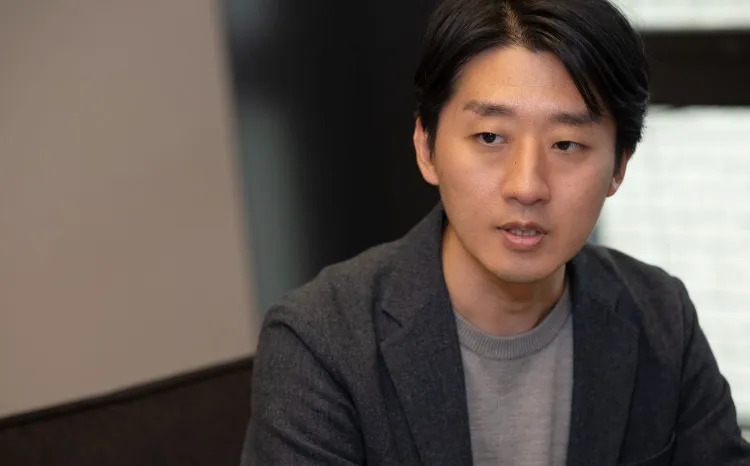
Expanding the Corporate-
NPO-Government
Collaboration Model
Nationwide
To achieve CFC’s mission of “Providing diverse educational opportunities for children in poverty to help them reach their full potential,” a comprehensive social framework, including public support systems, is essential. To tackle this issue, the Kamakura City After-School Empowerment Project was launched to support municipalities in their efforts to eliminate educational and experiential disparities and promote policy development.
Kamakura City has a strong history of education and child support initiatives, such as subsidies for free schools and the establishment of alternative schools for non-attending students. This project, in collaboration with Kamakura City, CFC, and SMBC Group, seeks to establish a new support model by utilizing private funding. By leveraging each partner’s strengths, the project seeks to increase the adaptability of private sector initiatives and improve information dissemination and impact assessment through municipal networks.
This project also serves as a model for cross-sector collaboration, encouraging other municipalities and companies to implement similar initiatives.
The project places great importance on establishing an equal partnership among the three parties. Responding to Kamakura City’s requests, the support is not limited to tutoring but extends to cultural activities and nature experiences, taking advantage of the city’s natural environment, including the ocean, mountains, and historical sites. To make this possible, the project offers coupons that can be used for a variety of activities. In FY2025, it is planned to distribute 80,000 to 100,000 yen worth of coupons per student annually.
Parents and children have expressed their gratitude, sharing that they had felt frustrated about not being able to support their children’s interests, and were deeply appreciative of this opportunity. Some felt a strong sense of support from society, while others expressed a newfound desire to help others in the same way someday.
Moving forward, the plan is to use the three-party collaboration with Kamakura City as a model to expand the initiative nationwide.
Imai emphasized, “A key innovative aspect of this project lies in its collaboration between private companies, specialized non-profit organizations, and local governments, with businesses providing financial resources. This business model offers a potential solution to the crucial question: ‘Who will be responsible for delivering public services in addressing poverty?’ Beyond poverty and inequality, this approach could inspire various initiatives in other fields, potentially have a significant impact on Japanese society.”
Mishima expressed her enthusiasm for the future, saying, “There are limits to what a single company or organization can achieve. That is why it is crucial for diverse businesses and groups to collaborate for a bigger impact. To make this a reality, our first priority is to enhance the project itself, and actively communicate its effects and the changes it brings.”
Mishima also shared her thoughts on the value of CFC’s overall support activities: “What stands out to me is that it’s not just the children using the coupons who benefit. Everyone involved, including the supporters and those around them, becomes brighter and more joyful. We’ve received positive feedback from both families and local organizations. I truly feel that this initiative brings a sense of hope and positivity to everyone involved.”
